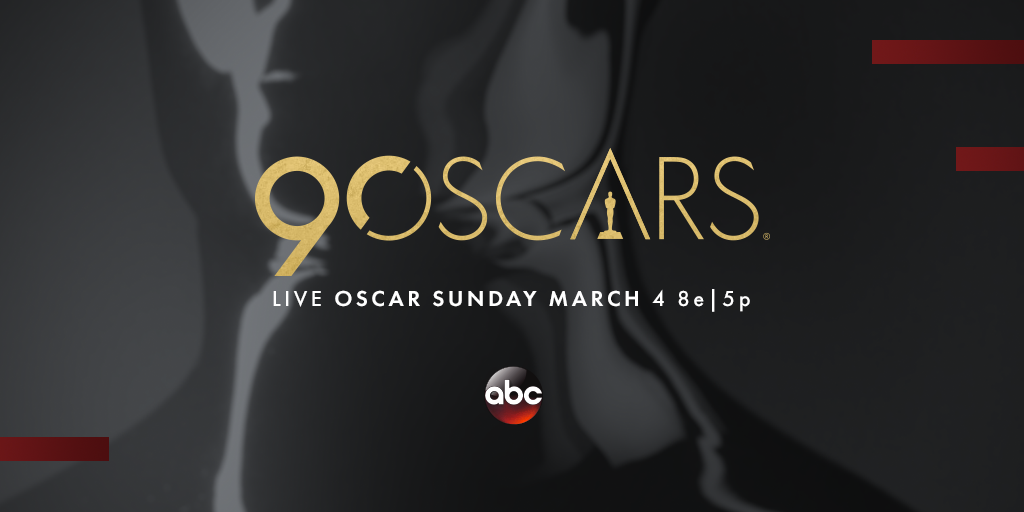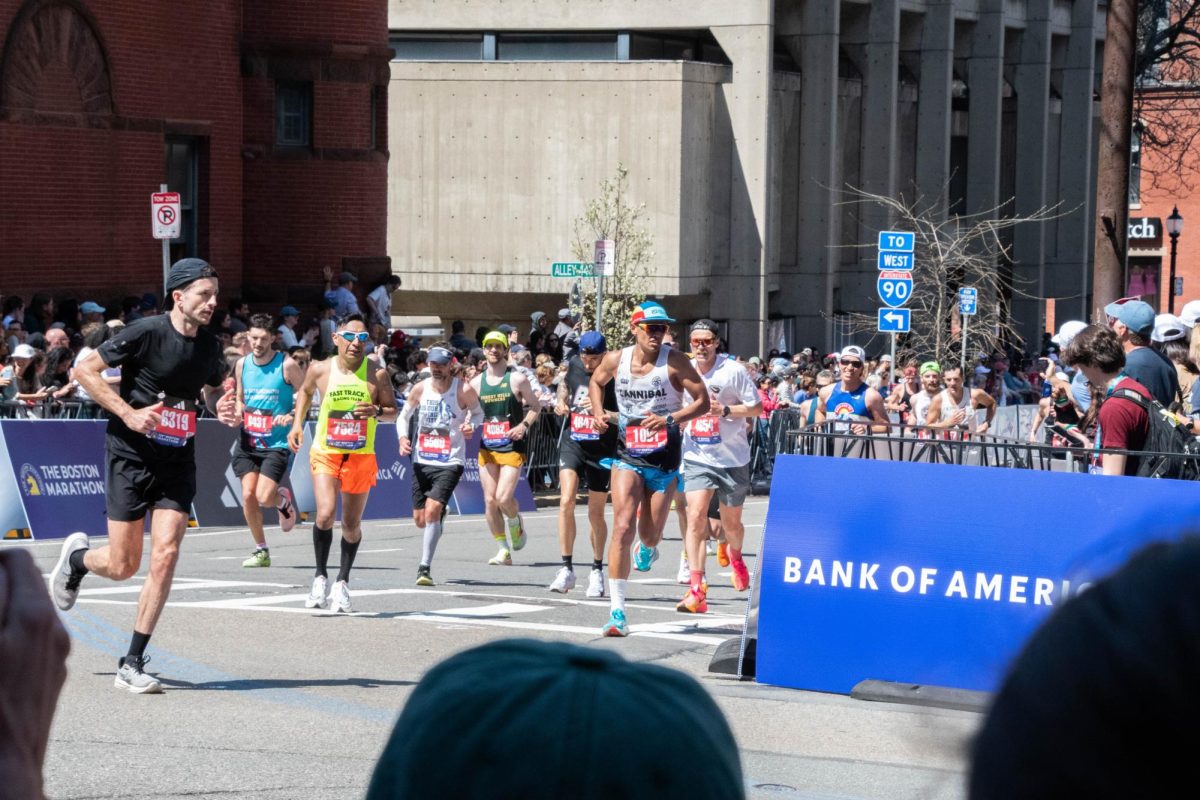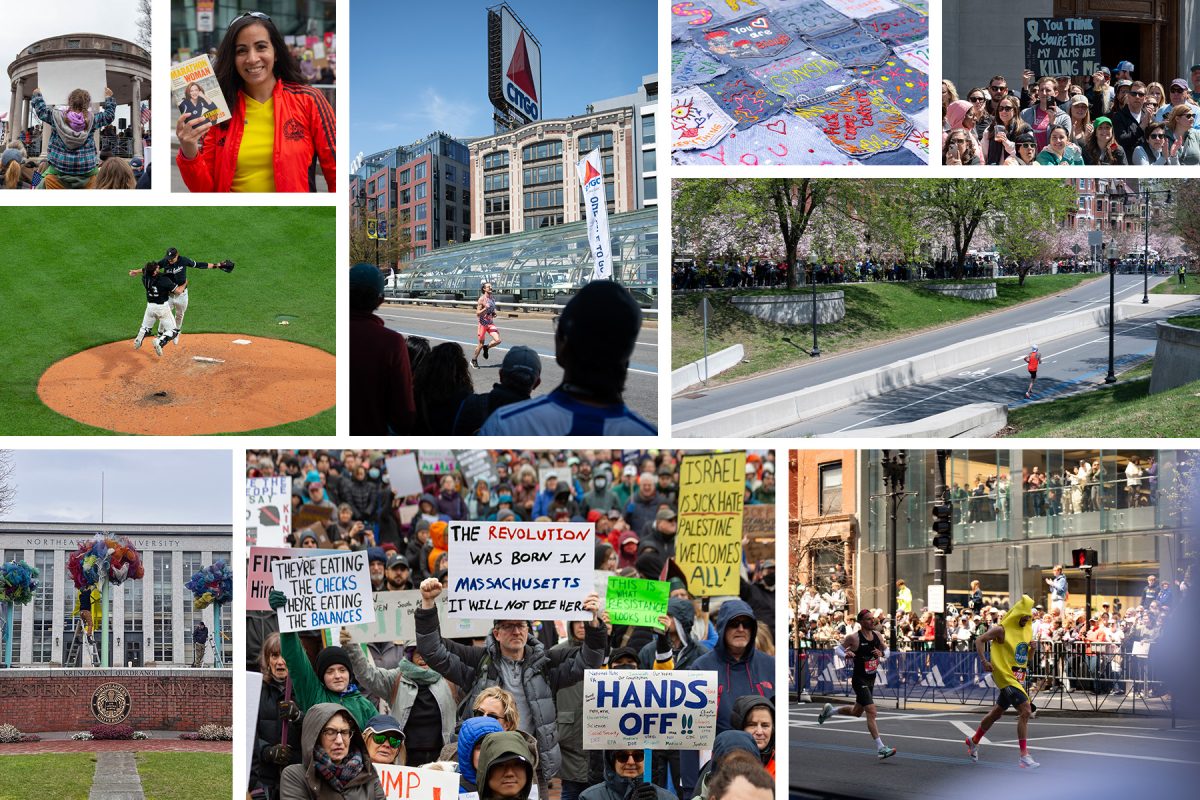
By Lal Birali, guest columnist
Unfortunately for this year’s Academy Awards, all four acting categories seem to be decided. Barring any major upsets, prohibitive favorites will have won nearly every guild award this Oscar season. Those favorites are:
Best Actor: Gary Oldman, “Darkest Hour”
Best Actress: Frances McDormand, “Three Billboards Outside Ebbing, Missouri”
Best Supporting Actor: Sam Rockwell, “Three Billboards Outside Ebbing, Missouri”
Best Supporting Actress: Allison Janney, “I, Tonya”
And after the Directors Guild of America awarded Guillermo del Toro with Best Director, which historically has a near 1:1 correlation with the Best Director Oscar, that race seems locked up for del Toro.
This singles out Best Picture as the primary point of curiosity for the Academy Awards. It’s the last and most important award of Oscar Sunday, so it’s fitting that it’s also the hardest to predict.
Thus, I’ve placed each film in a tier based on its likelihood of winning (four being the lowest and one being the highest).

TIER 4: The ‘Thanks for Playing’ Nominees: “Phantom Thread” and “Darkest Hour”
“Darkest Hour” shouldn’t have been nominated at all for Best Picture, especially not over “Logan” or “The Big Sick.” It’s the worst nominee in quality, portraying a weaker plot and worse supporting performances than either of the other potential nominees. “Darkest Hour” is simply a good movie with a single great performance by Gary Oldman that ought to land him his first Academy Award win for Best Actor. The film hinges on that central performance, sacrificing narrative depth and supporting character evolution. With a weak storyline, outside of Oldman’s performance, it has no shot of winning.
“Phantom Thread” is probably not a film many people have heard of, let alone seen. Nevertheless, it deserves recognition. It is director Paul Thomas Anderson’s latest masterpiece, and Daniel-Day Lewis, in his final screen performance, is once again simply exceptional. “Phantom” possesses all of the technical aspects of a great film, featuring strong supporting performances by Lesley Manville — who was nominated for Best Supporting Actress — as a strong-willed sister, and by Vicky Krieps as a nurturing yet forceful lover. The score is enthralling, and Anderson’s directionis confident. However, it lacks some heart. It’s cold and detached: An easy film to admire, but not necessarily love. The Academy votes with its heart and “Phantom Thread” will turn off many voters.
TIER 3: The Spielberg and Nolan Movies: “The Post” and “Dunkirk”
If we’re being honest, “The Post” is easily third tier Spielberg. It doesn’t hold a candle to “Jaws,” “Raiders of the Lost Ark,” “Schindler’s List” or “Saving Private Ryan.” Yet the cultural wave of what the film represents has carried it to a Best Picture nomination. With President Donald J. Trump’s own war on the press, the parallels are undeniable. The performances are solid, and while “The Post” is certainly not a boring film, it is not close to captivating enough to be a legitimate threat to win.
“Dunkirk” is is a phenomenal cinematic experience: The sounds of the planes, bullets and panic of the stranded British soldiers will stay with you long after you exit the theatre. The IMAX cameras used during filming created an immersive environment. However, “Dunkirk” is not a traditional Best Picture nominee in that there are no noteworthy acting performances. Therefore, Hans Zimmer’s unrelenting score and Nolan’s vision are truly the film’s highlights. The relatively short runtime of 100 minutes seems like much longer, as Zimmer keeps you in a state of constant duress and anxiety. All adulations aside, if Christopher Nolan didn’t win for “Inception” and wasn’t even nominated for “Memento” and “The Dark Knight,” then what real chance does “Dunkirk” have? These films, which were better than “Dunkirk,” were equally snubbed for Best Picture. The Academy may end up doing what it does with its most talented directors: It rewards their film after many years, giving the director something akin to a lifetime achievement Oscar, which implicitly acknowledges they messed up in the past. This was seen when Martin Scorsese finally directed a Best Picture winner for “The Departed” in 2006 instead of 1990’s “Goodfellas.” Christopher Nolan simply will have to wait his turn.
TIER 2: The Dark Horse Nominees: “Get Out” and “Call Me by Your Name”
22-year-old Timothee Chalamet’s performance in “Call Me by Your Name” is nothing short of tremendous. He would be a deserving Best Actor winner most years, but he will probably fall victim to the Academy rewarding an elder statesman after slighting them several times, like they did with Leonardo DiCaprio winning for “The Revenant” after being passed over for “The Wolf of Wall Street” and basically everything else. But, what makes “Call Me By Your Name” so terrific outside of Chalamet’s performance is the intimacy of the direction and writing. The relationships between characters are carefully cultivated into really special bonds. “Call Me By Your Name” is the type of daring, non-exploitative film about love, sexuality and heartbreak that “Brokeback Mountain” was. Thirteen years later, I fear the Academy still does not see such films as true contenders. It would be poetic justice for “Call Me By Your Name” to win in spite of the blatant homophobia pervading the Oscars and “Brokeback Mountain’s” shocking loss. But I doubt this justice will prevail.
Jordan Peele’s debut masterpiece “Get Out” hits home to a demographic that is often relegated to minor or supporting roles. It is thought-provoking, challenges many film norms and stuns the viewer. The movie deserves all the adulation it has received. However, I don’t think it will win Best Picture because it was not the best movie of the year.
I don’t think its poignant message merits extra consideration. But there are some who believe the Academy’s Best Picture should portray an accurate reflection into the nation’s current pulse. If that sentiment is true, no other film comes closer to that than “Get Out.” History is not on its side, however. No horror movie has garnered this much awards consideration since “The Silence of the Lambs,” but the Academy very rarely offers its biggest prize to that genre. When “The Silence of the Lambs” actually won Best Picture in 1991, it was clearly the best nominee, which tipped the voting scale away from traditionalism. “Get Out” cannot claim the same scale of film superiority. They may still reward Jordan Peele for his originality, but instead with a win for Best Original Screenplay.
TIER 1: The Favorites: “The Shape of Water”, “Three Billboards Outside Ebbing, Missouri”, “Ladybird”
“Ladybird,” by my estimation, is the best movie that came out in 2017. It is a triumphant, flawless debut for director Greta Gerwig. It’s the most critically acclaimed film on Rotten Tomatoes, supplanting “Toy Story 3.” It details a high school senior, Saoirse Ronan, who likes to be called Ladybird, and her struggle to deal with her parents, boyfriends and getting into college. The entire film feels very real, but not uncomfortable like “Boyhood,” a film with similar themes. “Boyhood” was borderline voyeuristic in portraying its coming-of-age tale, whereas “Ladybird” feels more like a realistic screenplay.
One of the most critical moments in the film is a perfect marriage between a song and what’s happening on screen; Dave Matthews Band’s “Crash Into Me” has never and probably will never be used better. However, grittier, period pieces and classic dramas tend to fare better historically than films like “Ladybird.” The storyline is so sweet and unassuming that it may not be compelling enough to sway the Academy. After all, this would hardly be the first time the “best” film of the year didn’t win Best Picture. But, with “Moonlight” winning last year, a similarly smaller-scale indie drama, “Ladybird” has better odds this year than in any previous one.
“The Shape of Water” is a beautiful movie. It has an astounding central performance by Sally Hawkins along with strong supporting roles from Octavia Spencer and Richard Jenkins. It’s a hybrid of “Beauty and the Beast” and “Creature from the Black Lagoon” that builds on the idea that people tend to fear what they don’t understand.
The film is Guillermo del Toro’s best since “Pan’s Labyrinth,” which was another dark fairytale, but “The Shape of Water” isn’t as sharp. It’s more unwittingly pretentious, as many scenes are purposefully overly cinematic to manufacture awe and appraisal. The film’s premise and plot garner enough sense of spectacle. del Toro wants us to care about his characters so much that his twists become predictable. And yet, there’s a great chance it wins. It’s the betting favorite, but by a small margin. The film’s chances really come down to whether or not the Academy can reconcile with the fact that its fantastical plot hinges on a love affair between a lonely, mute woman and a fish-man.
“Three Billboards Outside Ebbing, Missouri” is a flawed movie. It too easily redeems a racist character. The black characters are ciphers. It is demeaning to short people. But these misgivings don’t take much away from the heart of the film, assuming you haven’t been offended enough already.
Still, I don’t believe it deserves such a cynical mindset. There are moments in “Three Billboards” that are so emotionally resonating and narratively perfect that, of its peers, only “Ladybird” can boast to have scenes so achingly true to people’s natures. Frances McDormand will most likely win her second Best Actress Oscar after “Fargo” in 1997. McDormand plays a mother hell-bent on finding justice for her raped and subsequently murdered daughter. She is a whirlwind of no-nonsense, fury and desperation. Of all the supporting performances, Sam Rockwell deserves the most praise, making a seemingly irredeemable character appear just. In his direction, Martin McDonough allows you to discover and truly understand all sides of his characters regardless of whether or not you like them. In this way, “Three Billboards” has no equal. The film checks off all the classic Best Picture must-haves: a compelling and emotional narrative, multiple great acting performances and allusions to larger societal injustices. Therefore, I would bet on “Three Billboards” upsetting “The Shape of Water.”
Final Prediction: “Three Billboards Outside Ebbing, Missouri”




















